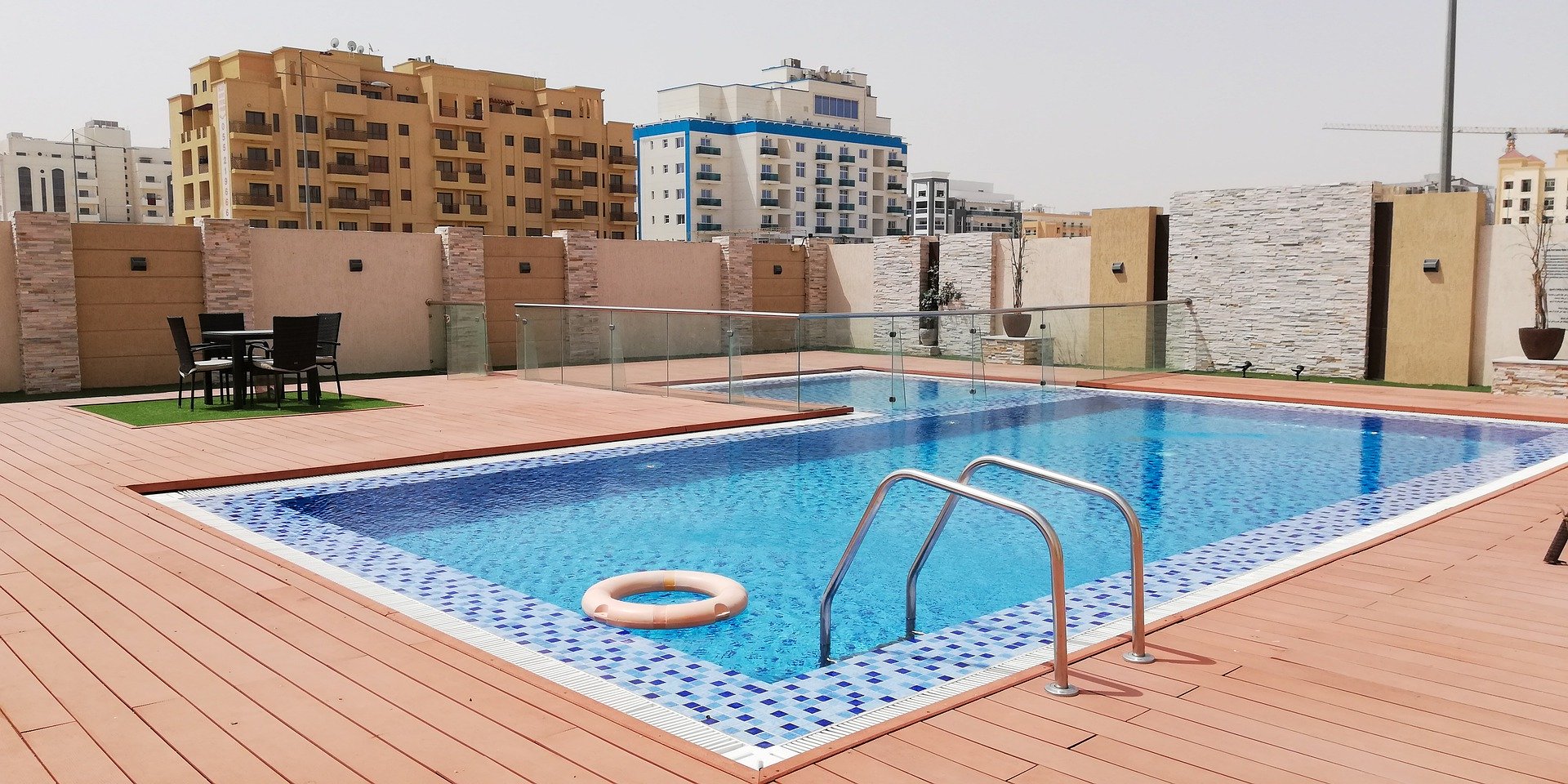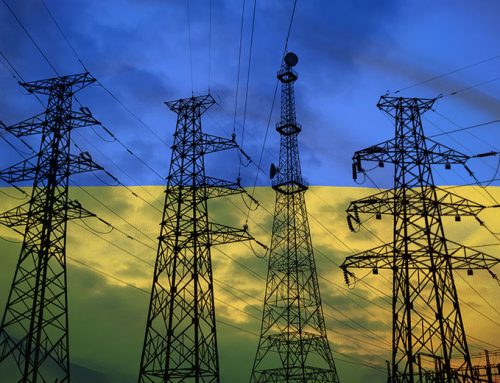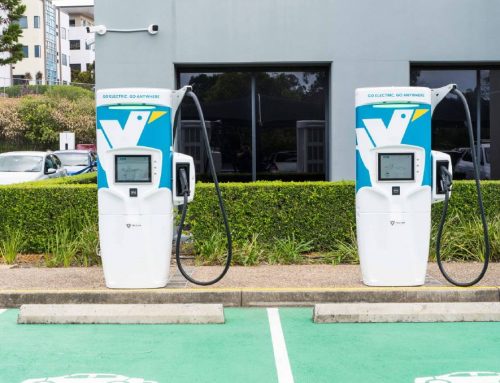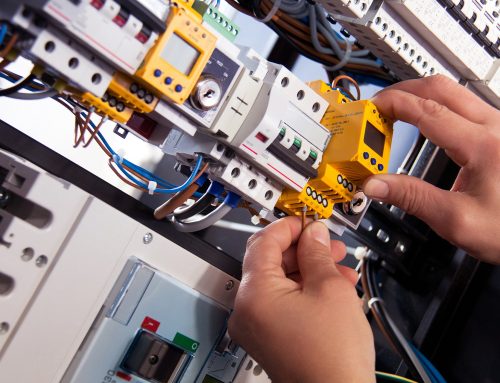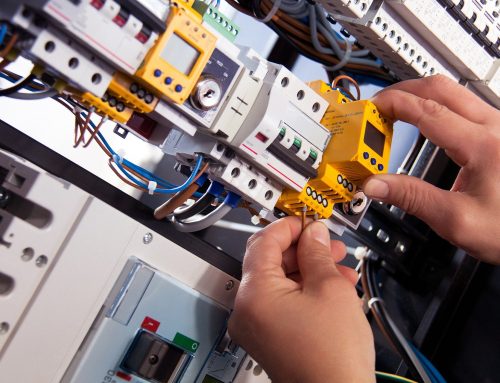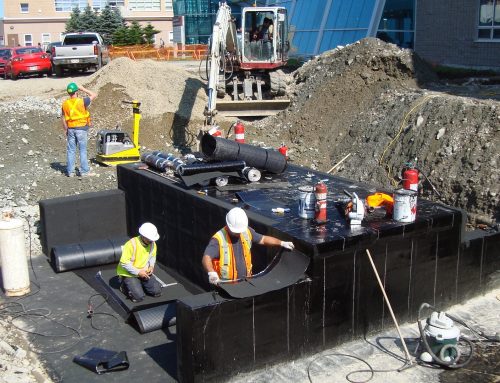Observing electrical safety in swimming pools is imperative because electricity and water make a dangerous combination. Electrical shock is life-threatening and every day many people are injured or killed in electrical accidents from ignorance or negligence.
Turning to professional electricians is a good way to make sure your pool is safe from electrical leakage. They can apply the principles of hazard recognition and risk management to reduce electrical accidents and ensure electrical safety in swimming pools.
Common causes of swimming pool electrocution
- Faulty underwater lighting. When swimming pools lights have not been correctly grounded, they can send electricity through the water and electrocute those in the pool.
- Faulty electrical installation. Incorrect wiring installation among all components of the pool, from the motorized pump to the metal handrails can create stray electrical currents. These currents can enter the water and shock those in the pool.
- Aging electrical wiring that hasn’t been inspected in years can cause electrical shock.
- Not grounded sump pumps, power washers, and vacuums.
- Nearby receptacles are not protected by Ground-Fault Circuit Interrupters (GFCI).
- Electronics, electrical appliances, and extension cords falling or being pulled into the water can instantly send a potentially deadly electrical current through the water.
ELECTRICAL SAFETY IN SWIMMING POOLS
Keep electrical equipment away from the pool
Take extra care if you need to have electrical equipment set up near the pool area. Radios, TV, blenders, grills, and phones should be kept in a safe distance. If equipment that is not designed to operate in water slides into the pool, it can create a current of electricity into the pool. Once the pool is energized, touching a metal handle can cause electrocution.
Pool equipment can also cause electrocution. If the wires are frayed or damaged, they could put electrical current into the water. If you need to have electrical equipment in the pool area, make sure it is at least two metres away from the edge of the pool.
Don’t use extension cords in the pool area
Never use an extension cord near the pool. A splash from the pool or someone dripping onto the cord can cause electrical shock. Use battery-operated appliances and equipment that never require a cord to be plugged in. Eliminating the use of cords around the pool area will reduce the risk of electrical accidents from occurring.
Ensure pool lights wiring is properly installed
Underwater pool lights are functional and pleasing. However, defective sealing or crack can put electrical energy throughout the pool. Defective wiring for the pool lights can wear and cause electrical problems as well. To minimize the wiring damage or bulb damage, conduct regular checks for defects. Employ a licensed electrician to install and maintain the electrical wiring in the pool to ensure it is correctly installed and up to code.
Make sure that you have a compliant GFCI
Ground-Fault Circuit Interrupters (GFCI) are required to be installed on the bottom right side of every swimming pool control panel. Ensure that your swimming pool has a compliant GFCI. It is necessary to be installed in swimming pools because it will trip and shut off the power to the pool if a stray current is detected.
Make sure that your GFCI was installed properly and up to code standards by a licensed electrician. Have it periodically inspected to make sure it’s still functioning over time. Preventive maintenance should be standard to save lives.
Don’t use the pool during lightning storms
You should never swim in the pool during lightning. If lightning strikes the water it will produce an electric current that is more dangerous as if there’s faulty electrical wiring dropped into the water. If the lightning strikes the equipment that keeps the pool wired and running the risk is just the same. If you’re in the pool when lightning strikes, get out of the water to eliminate the danger of electrocution.
Know how to turn off the power in an emergency
You should know the location of the electrical switches and circuit breakers in the pool. If anything should go wrong, or an emergency happens, the first thing you should do is turn off the power to the pool.
Always have a fiberglass hook handy. If electrocution happens, you can use it to be able to reach people and things, without putting yourself in danger.
Get your pool inspected by a licensed electrician at least twice a year
Wear and tear can happen to wirings over time, connections may become loose and GFCI may cease to function correctly. Having a professional electrician to inspect and make sure everything is in proper working order keeps accidents to a minimum. Call us at 0405 83 83 83 if you need the service of a professional electrician.

